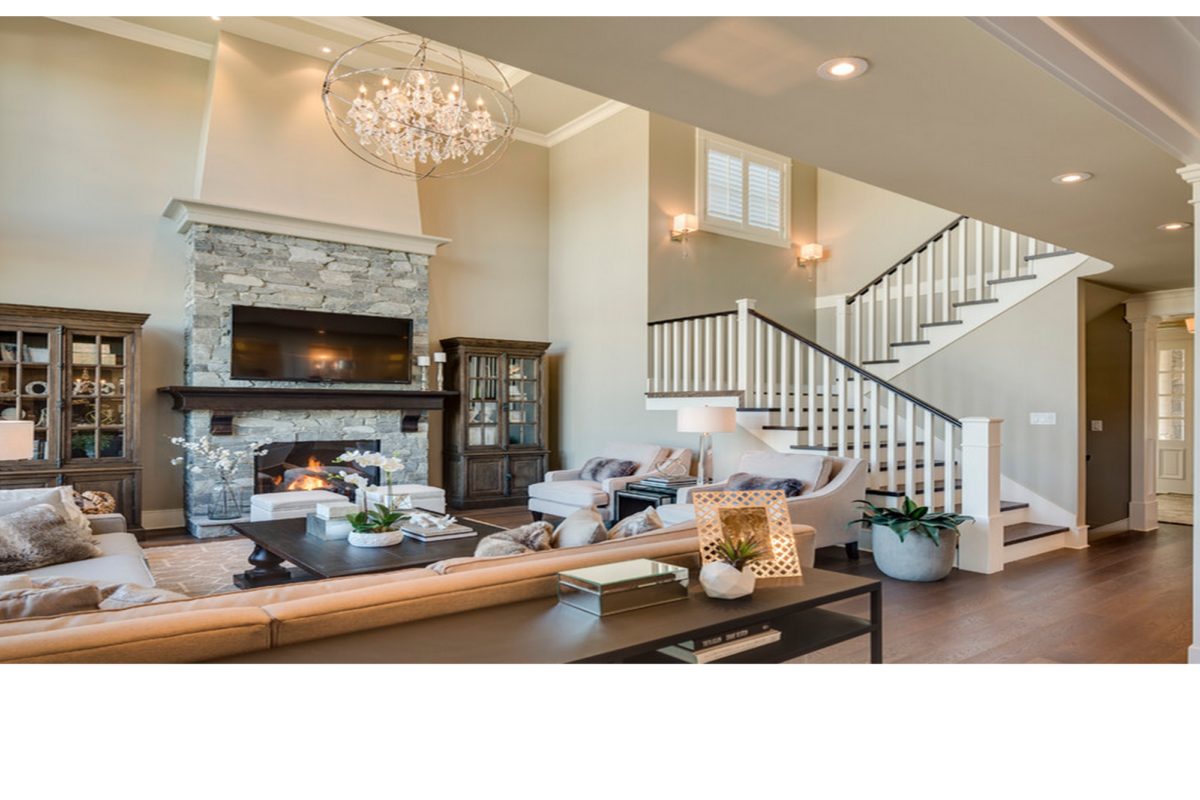Assessing Your Priorities as a Prospective Homeowner
Embarking on the journey to homeownership? Knowing your priorities can sharpen your search, save you time, and empower you to make choices that align with your lifestyle and financial situation. Here are the critical elements to ponder:
Financial Plan:
First and foremost, scrutinize your financial status—this includes your earnings, savings, and recurring expenditures. With this information in hand, you’ll have a clearer understanding of what you can realistically spend on a property, factoring in the initial down payment, monthly mortgage dues, and the costs associated with maintaining a home.
Geographic Preferences:
Choose an area that complements your day-to-day life. Whether it’s work, schools, facilities, transport options, or other vital criteria, location is key. Dive deep into the communities you’re keen on to make sure they meet your lifestyle needs and standards.
Space and Design:
Reflect on how much room you require. How many bedrooms and bathrooms will suffice? What’s the minimum square footage you can comfortably live in? Contemplate not just your immediate needs, but also any future life changes—like expanding your family or having a home office—that might necessitate more space.
Kind of Property:
Identify what kind of residence aligns with your way of living. Single-family homes, condos, townhomes, and multi-unit buildings each have their unique benefits and drawbacks. Weigh these options carefully to find what best serves you.
Essential Qualities and Extras:
Enumerate the characteristics and facilities that you absolutely need in a home. Whether it’s a certain architectural style, a private yard, a garage, a swimming area, or a particular arrangement of rooms, know what you can’t compromise on and what would simply be a bonus.
Readiness and Remodeling Scope:
Decide if you’re looking for a home that’s ready to move into, or if you’re willing to undertake some refurbishing tasks. Gauge your aptitude and enthusiasm for dealing with home improvements or repairs, as this can significantly affect your property search.
Long-Term Investment Potential:
It’s crucial to consider the house not just as a home, but also as an investment. Investigate aspects like the attractiveness of the community, trends in property valuation, and any forthcoming local developments that might affect property value in the long term.
Lifestyle Elements:
Think about how the property will accommodate your lifestyle. Whether it’s outdoor space, proximity to leisure or sports areas, or convenient access to amenities such as fitness centers or shopping malls, your home should meet your lifestyle demands and interests.
By thoroughly examining and ranking your desires and necessities, you can fine-tune your house-hunting efforts. Keeping an adaptable mindset and making course corrections as needed can also be beneficial, especially since needs can shift over time. Partnering with an experienced real estate advisor can further assist you in exploring your choices and securing a property that satisfies your checklist.




Leave a Reply